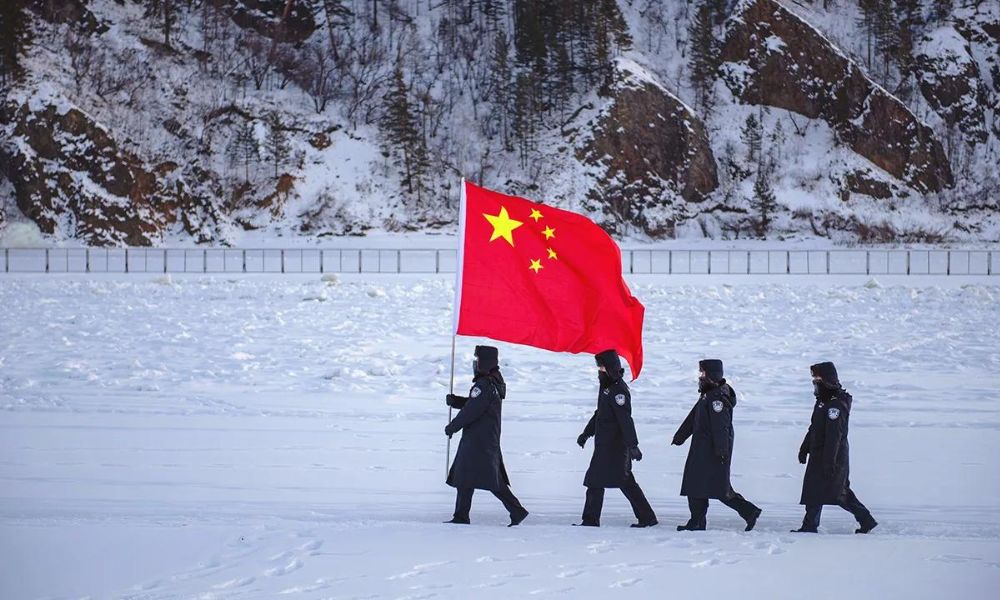
China, with its vast geographical expanse and diverse neighbors, plays a crucial role in shaping the political, economic, and security dynamics of the Asia-Pacific region.
Among its neighbors, two of the most significant are India and Japan, both possessing substantial economic power and strategic importance.
In this blog post, we will explore how China approaches its relations with these neighboring countries, examining the historical context, key issues, and evolving dynamics in these critical bilateral relationships.
| Are you a Tax Lawyer in USA? 👉Transform Your Brand: Click for Metamorphosis👈 |
China and India share a long history of cultural and economic exchanges dating back centuries. However, their contemporary relations have been marked by complex dynamics, including a brief border war in 1962, ongoing border disputes, and competition for regional influence.
One of the most significant challenges in Sino-Indian relations is the unresolved border dispute, particularly in the Himalayan region of Aksai Chin and Arunachal Pradesh. These disputes periodically flare up and have led to military skirmishes.
Despite political tensions, China and India have deepened economic ties. China is India's largest trading partner, and Chinese investments have flowed into various Indian sectors, including technology and infrastructure.
China and India compete for influence in the broader region, with both countries seeking to expand their presence in South Asia and the Indian Ocean. China's Belt and Road Initiative (BRI) has raised concerns in India about strategic encirclement.
China and India maintain a diplomatic dialogue, including summit meetings between their leaders, to manage tensions and explore areas of cooperation, such as climate change and counter-terrorism.
China and Japan have a complex history marked by periods of both cooperation and conflict, most notably during World War II. Historical grievances continue to affect their relations.
The Diaoyu/Senkaku Islands dispute in the East China Sea is a major source of tension. Both countries claim sovereignty over these uninhabited islets, leading to maritime standoffs and diplomatic friction.
China and Japan share deep economic ties. Japan is one of the largest investors in China, and Chinese consumers are a crucial market for Japanese products and services. Trade and investment continue despite political differences.
Japan has expressed concerns about China's military buildup and assertiveness in the East and South China Seas. China's increasing naval presence and territorial claims have raised alarm in Japan.
Despite differences, both countries maintain diplomatic channels for dialogue and engagement. High-level meetings between Chinese and Japanese leaders aim to manage tensions and seek cooperation on regional and global issues.
China's relations with neighboring countries like India and Japan are marked by a mix of cooperation and competition, reflecting the complex geopolitical landscape of the Asia-Pacific region. While economic interdependence fosters stability, unresolved territorial disputes and geopolitical rivalries present challenges. China's approach to these relationships involves a delicate balance of pursuing its interests while engaging in diplomatic dialogue to manage differences. The future of these relations will continue to be shaped by evolving regional dynamics and global geopolitics, making them pivotal to the stability and prosperity of the Asia-Pacific region.